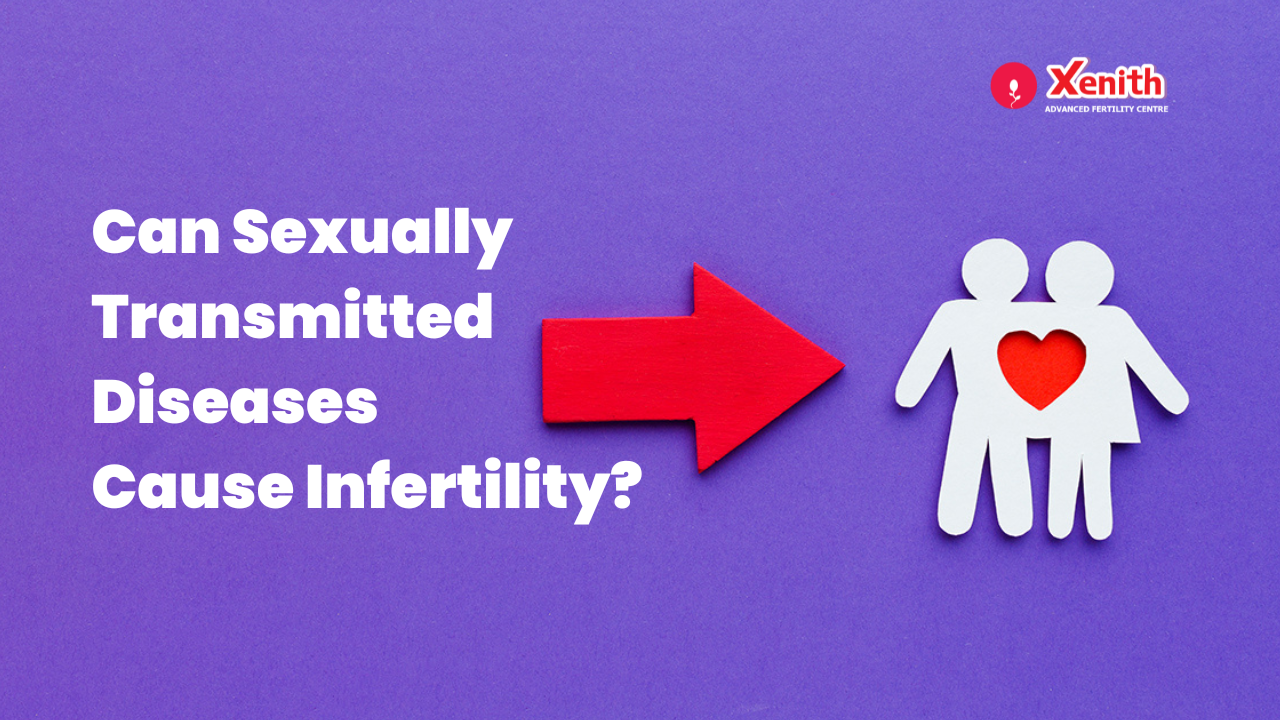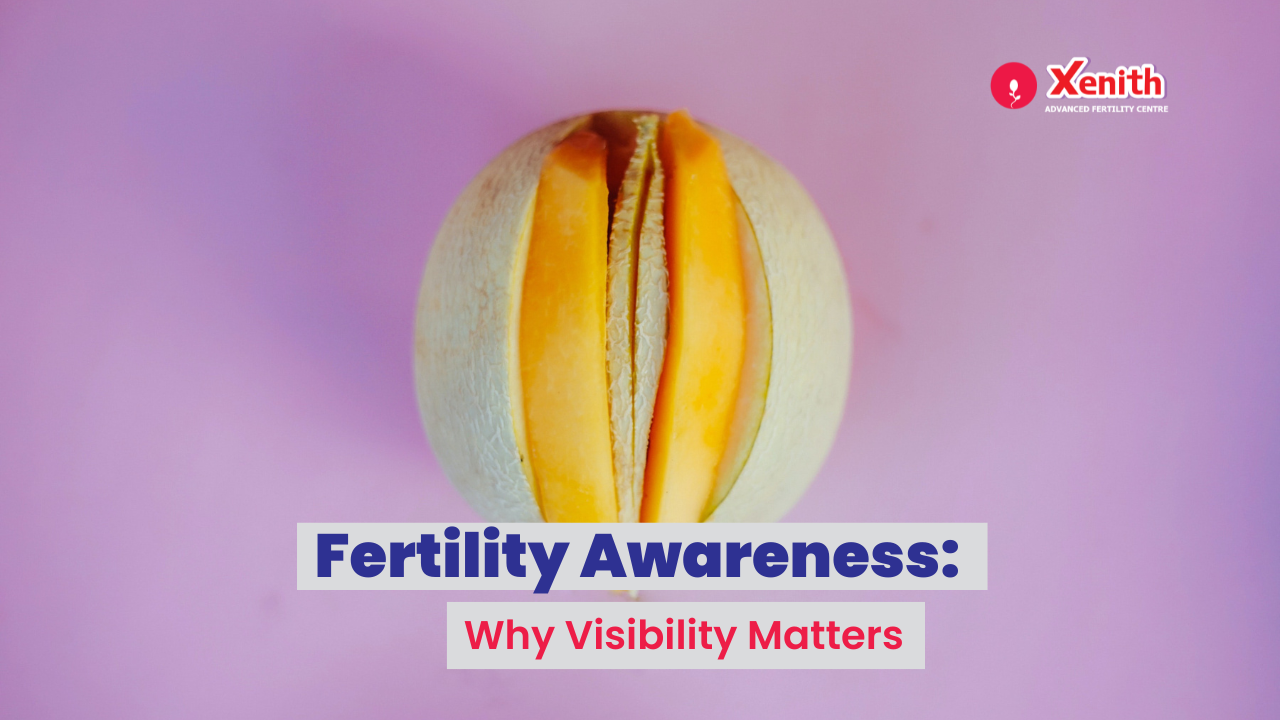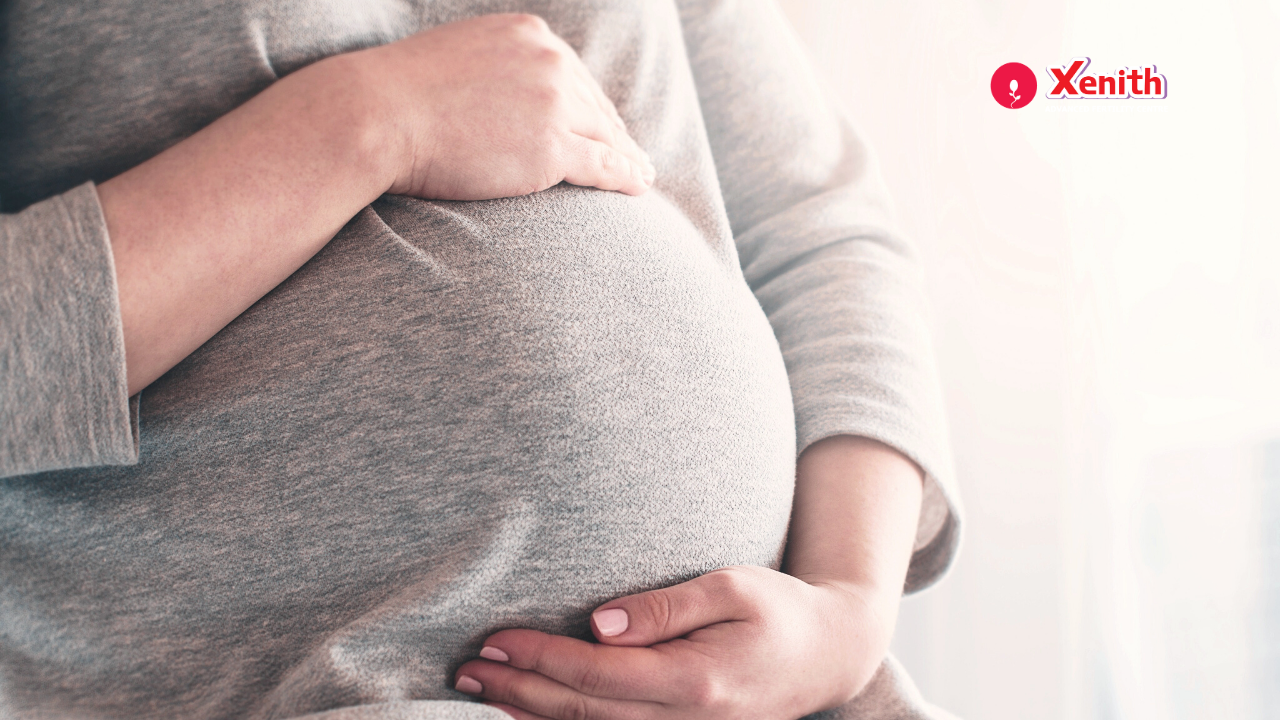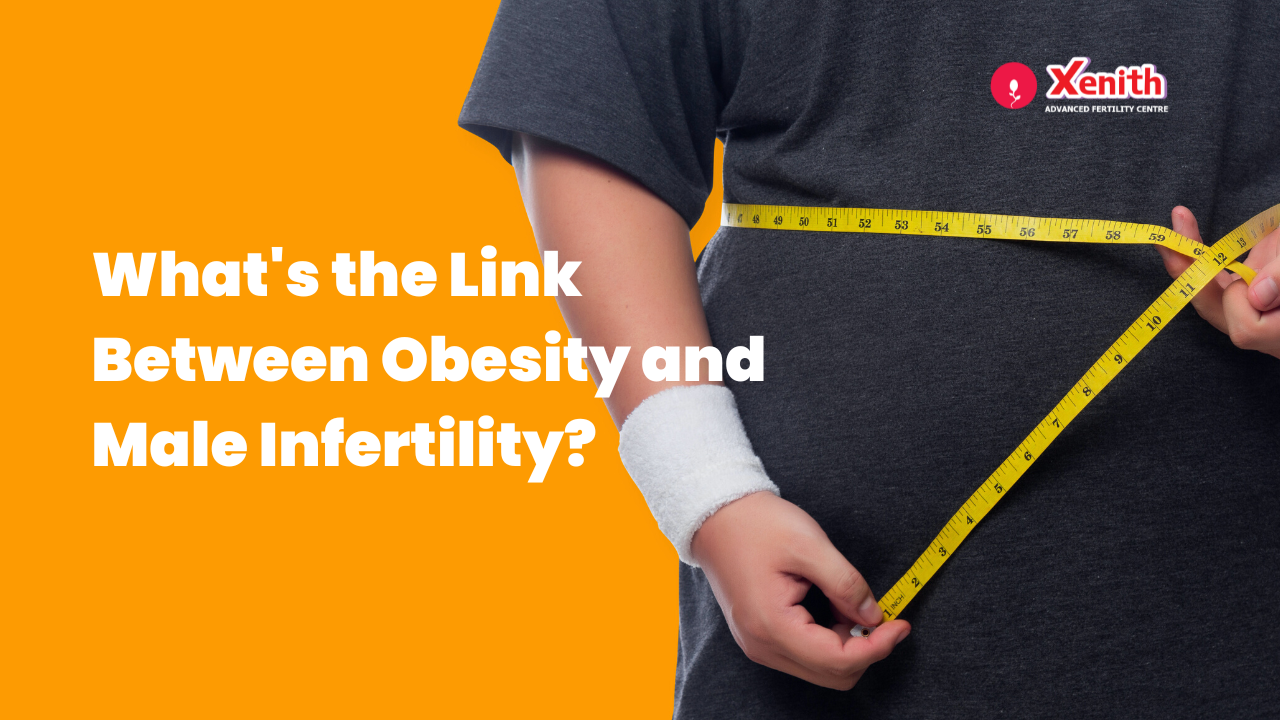Does Erectile Dysfunction affect Fertility?
Erectile dysfunction is when the man is unable to achieve or maintain an erection that is firm enough to have sexual intercourse. It is not uncommon to deal with erectile dysfunction once in a while but if it’s frequent, it…









